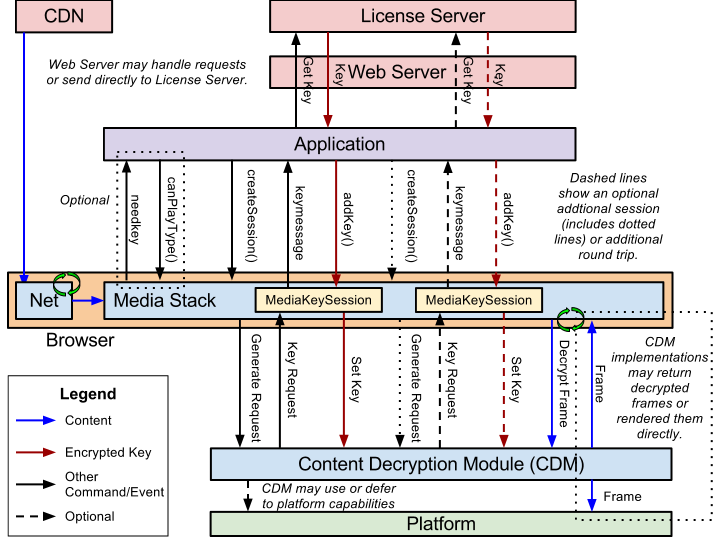Law enforcement agencies have been allowed, even encouraged, to follow the actions and movements of citizens more closely at a time when digital technologies have amplified their ability to do so, and laws to protect privacy and ensure that the wheels of justice are not rolling over our rights haven’t kept up.
EFF-Austin is currently focusing on the potential for surveillance in the digital era, and the extent to which technologies for surveillance have evolved ahead of the laws that would protect innocent citizens from scrutiny and worse. We have worked with others to create a privacy coalition specifically focused on legislation limiting access to cellphone records that track our movements, a possibility that didn’t exist when relevant statues were initially drawn. We are not saying that police should not be able to get access to these records in any case, but that to do so should require judicial oversight, i.e. a warrant. This is part of a larger conversation about privacy that is beginning to drive legislative efforts in many states, and at the Federal level.
As a first important step, we formed the Texas Electronic Privacy Coalition with other organizations concerned about limiting surveillance and protecting privacy. The coalition is supporting legislation in the Texas House and Senate for which there will be hearings on March 26, which we’re calling Privacy Day. We encourage our supporters to offer comments at the Capitol. (See See EFF-Austin Vice-President Greg Foster’s post on how to participate in public hearings at the Texas Legislature.
HB 1608 and SB 786 will be heard next week in both the House Criminal Jurisprudence and Senate Criminal Justice committees. These bills will require police to get a warrant if they want to read the detailed location data held by cell phone companies. The House committee will also hear legislation to restrict drone surveillance. The public is encouraged to drop by each hearing and testify or otherwise enter their comment into the record.




